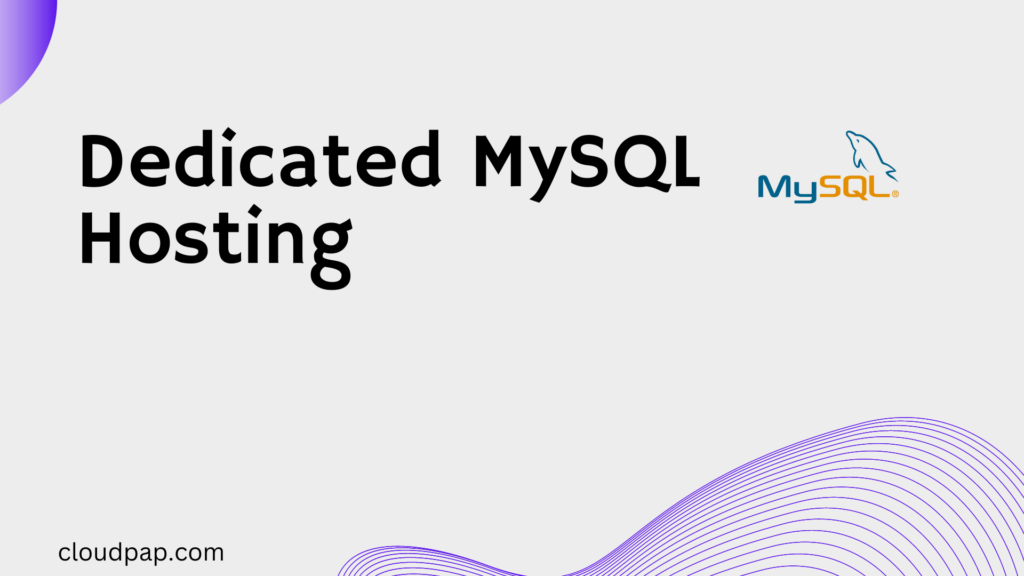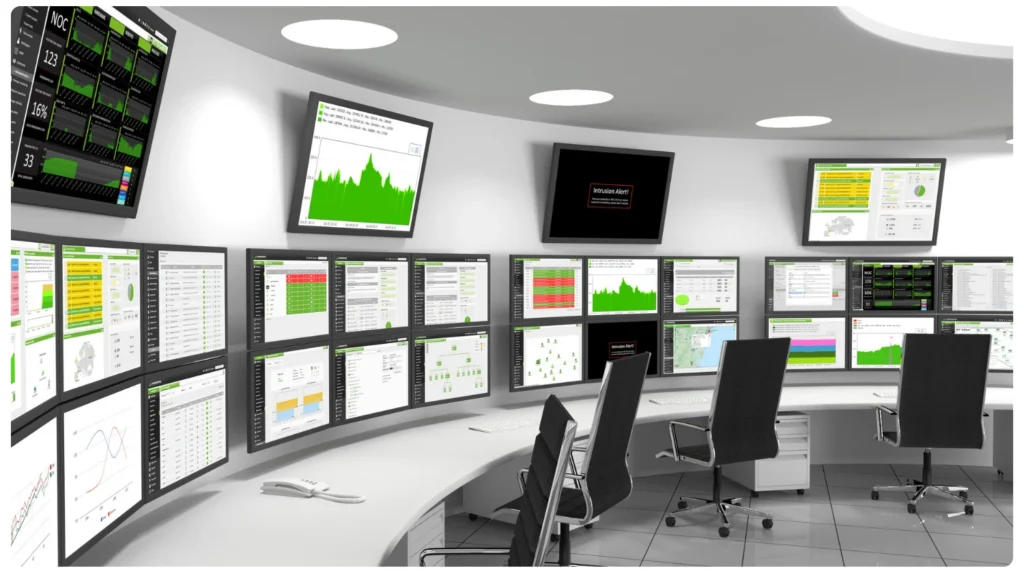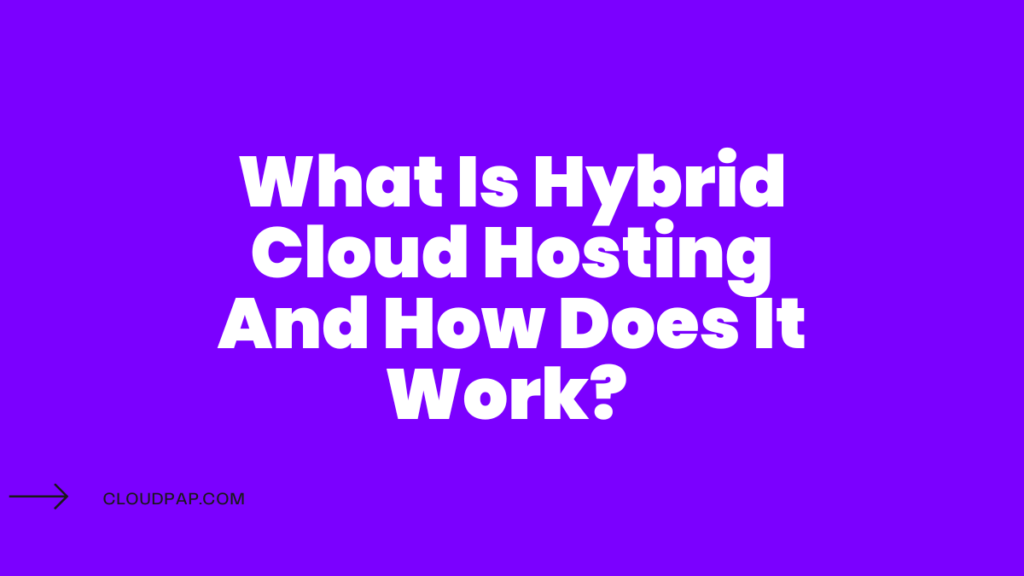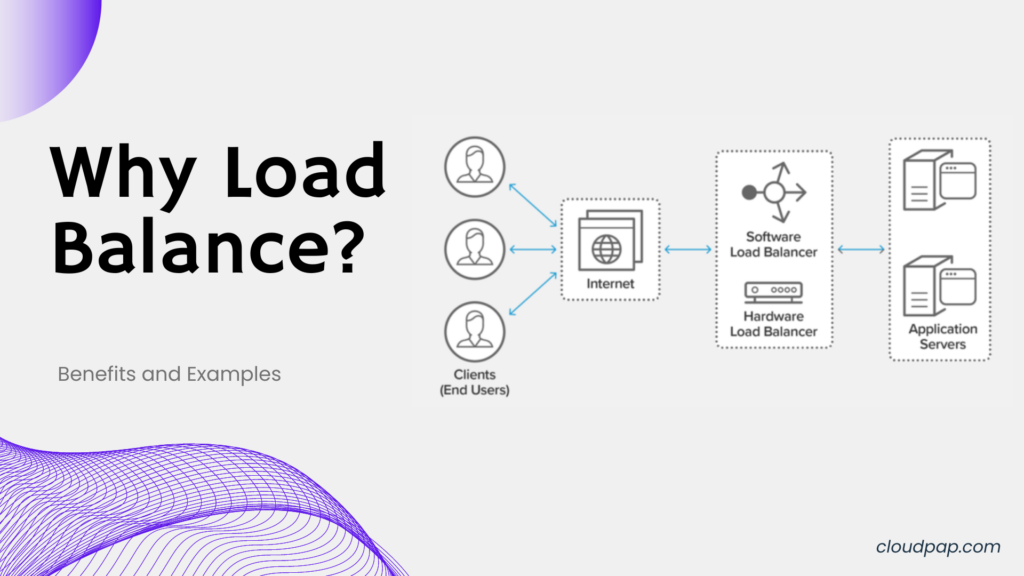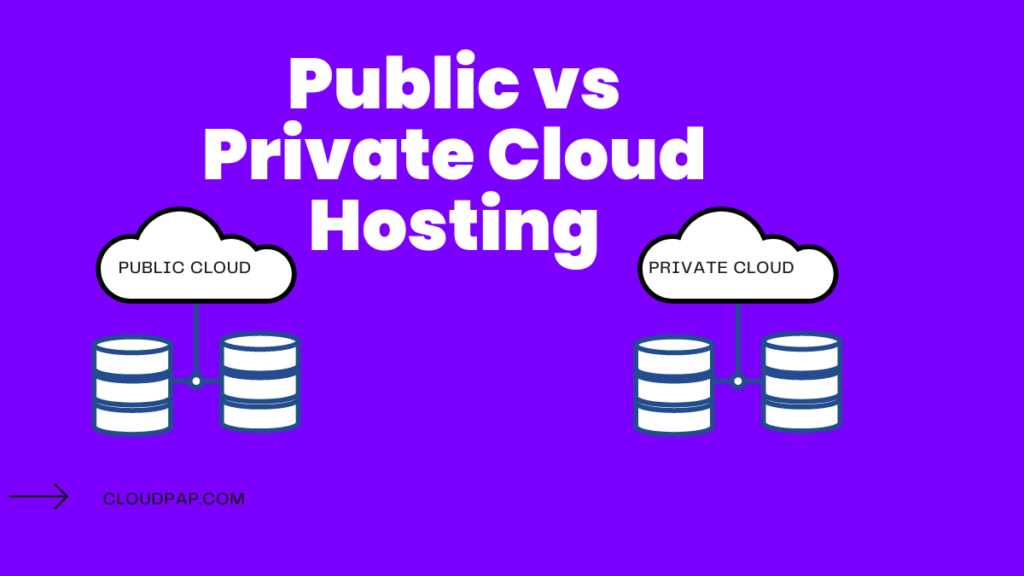If there is one thing we have learned at CloudPap is that slow servers not only frustrate people, they cost you money, clients and a good reputation. Which if we are being honest, that is such a huge price to pay.
Now picture this:
- A gamer loses a match because their server lagged at the wrong second.
- An online shopper abandons their cart because the payment took forever to load.
- A doctor cannot access a patient’s record during a telemedicine session.
What do these three scenarios have in common? A wrong server setup!
See this is why high performance servers are very important. Because every millisecond counts.
Today, we are going to look at what makes high servers different and why if your business operates in any of these 8 industries you cannot afford to go without them.
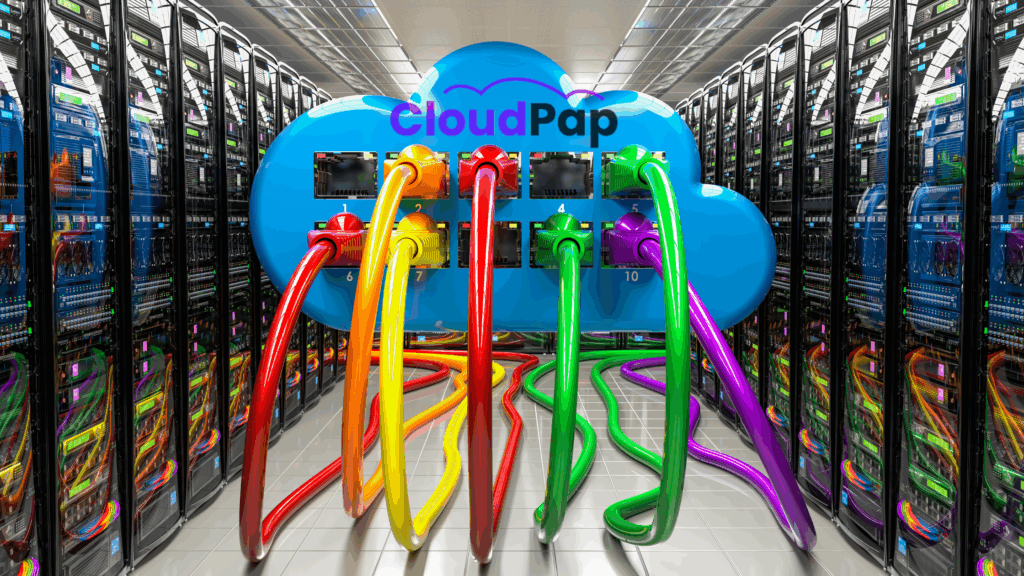
What Are High Performance Servers?
In all simplicity, high performance servers are powerful computing systems meticulously engineered to handle and carry heavy tasks and digital workloads. Instead of sharing a server with hundreds of other people, you get your own dedicated machine. This gives you all the power and resources you need to run your website fast and reliably.
High performance servers are easy to tell apart because of these key characteristics:
- Faster Processors (CPUs): They are equipped with multi-core CPUs like Intel Xeon or AMD EPYC, designed for complex, parallel processing. This allows them to execute thousands of operations per second very easily.
- Abundant Memory (RAM): High performance servers include a large amount of RAM, often 32GB or more, which ensures smooth multitasking and rapid data access for applications.
- Superior Storage: They make use of ultra-fast NVMe SSDs, which can read and write data at speeds far exceeding traditional hard drives. This drastically reduces load times and improves overall responsiveness.
- Dedicated Resources: The best part about high performance servers is that all these resources, the CPU, RAM, and storage, are dedicated solely to your applications. This means your website’s performance remains consistent and is never affected by what other users on the server are doing.
The result of these is a hosting environment that can handle:
- Heavy traffic of up to 100,000 visitors daily
- Complex operations such as AI processing and real-time transactions
- Mission critical uptime of up to 99.9% SLA guarantees
Industries That Need High Performance Servers
1) Gaming
The gaming industry is arguably the most latency-sensitive industry of all. In a world of competitive esports and massive multiplayer online games (MMOs), a millisecond of lag can be the difference between winning and losing.
In fact, the global gaming market is projected to hit $312 billion by 2027 according to PwC. One report actually showed that over 25% of the global population are gamers. And this massive audience has zero tolerance for lag, buffering, or server crashes.
So, why do high performance servers matter in gaming? Well, a high performance server provides the ground for a flawless gaming experience. These servers are designed for low latency connections, ensuring that player actions are processed in real-time, regardless of geographical distance.
2) E-commerce
The world of online retail is a brutal, high-stakes environment where speed directly equals revenue. Research from Google actually shows that 53% of mobile users leave a site if it takes longer than 3 seconds to load. That means bad news during Black Friday when your store is flooded with buyers, if well, you are on a basic server.
High performance servers are important in e-commerce because they can handle massive traffic surges during major sales events like Black Friday, 11/11, or Cyber Monday without crashing.
They also facilitate lightning-fast product searches, secure and speedy payment processing, and seamless integrations with inventory, shipping, and marketing platforms. By providing a reliable, fast, and secure shopping experience, a high-performance server helps an e-commerce business maximize conversions and foster customer loyalty.
3) Fintech and Banking
It is no secret that in the financial sector, there is no room for error or delay. This is because fintech companies, online banks, and trading platforms must process real-time transactions with absolute security and precision. Actually, according to Deloitte, a 0.1-second improvement in transaction processing can translate into millions in extra revenue for trading platforms.
High performance servers give the processing power and strong security measures that are necessary to handle these critical operations flawlessly. For example, a major financial app might need to process millions of transactions per day, each needing an encryption and verification within milliseconds. Any server downtime or latency issues could lead to failed transactions, regulatory penalties, and a complete loss of customer trust.
With the global fintech market projected to grow exponentially, the need for servers that can provide high-speed, encrypted, and stable environments is more critical than ever.
4) Media Streaming
In 2025, the demand for high-quality, on-demand content is at an all-time high. Whether it is a live-streamed sporting event, a 4K movie, or a music service, media streaming requires servers that can deliver large files quickly and reliably to a global audience.
High performance servers are vital for reducing buffering and ensuring a seamless playback experience. Services like Netflix or Spotify rely on massive server networks to deliver content to millions of users simultaneously.
A server that can’t handle the bandwidth or process data fast enough will lead to frustrated viewers and a high drop-off rate. For live broadcasting, the need for high performance is even higher, as even a few seconds of downtime can ruin the experience of a major live event.
5) SaaS (Software as a Service)
For SaaS companies, server performance is the backbone of the entire business.I mean their entire business is their software. A customer relationship management (CRM) tool, a project management app, or a cloud-based video editing suite must be available and responsive 24/7 for a global user base. A single server outage, even for a minute, can lead to lost productivity for your clients and a major blow to their trust in your brand.
High performance servers for SaaS are built to handle it all. Be it complex database queries, rapid feature updates, and thousands of simultaneous logins, without slowing down. The result is a consistently smooth, reliable user experience that keeps customers engaged, satisfied, and ready to renew their subscriptions.

6) Healthcare
The healthcare sector is in the middle of a digital revolution. With things like electronic health records, telemedicine, and real-time patient monitoring are now standard. This shift has made speed and security non-negotiable. High performance servers give healthcare professionals the tools they need to:
- Retrieve critical patient data instantly during consultations.
- Process and share large diagnostic files like X-rays, CT scans, or MRIs in seconds.
- Host real-time video consultations without lag or interruption.
In this field, seconds can save lives. A study by Ponemon Institute shows that 64% of healthcare organizations have experienced unplanned downtime in the past year, with each incident costing an average of $7,900 per minute.
On top of that, high performance servers in healthcare must comply with strict data protection regulations like HIPAA, safeguarding sensitive medical information against breaches. With the right infrastructure, providers can focus on delivering care, not worrying about whether their systems will keep up.
7) Education Technology (EdTech)
Modern learning relies on technology, from online universities to corporate training. These platforms need servers that can handle many different tasks at once like streaming video lectures, running live quizzes, and hosting online exams. During busy times, like final exams or large video classes, the server must be stable and responsive. And that is what high performance servers give you.
When the tech works smoothly, students stay engaged, instructors teach without interruption, and institutions build a reputation for delivering a premium educational experience.
8) Digital Marketing and Advertising
In digital marketing, data moves incredibly fast. Agencies and ad networks process huge amounts of user data to deliver personalized ads in real time. This happens through a process called real-time bidding, where servers have to analyze data, bid on an ad spot, and place the ad, all in the blink of an eye.
High performance servers are important here because they provide the processing power and low latency needed to manage this high-speed, data-heavy process. A slow server in this industry means missed opportunities and wasted ad budgets.
Beyond the 8: The Universal Demand
While these industries show clear examples, the truth is this, in today’s digital economy, every business is becoming a high-performance business. With AI, machine learning, big data, and IoT becoming the norm, the pressure on server infrastructure will only increase.
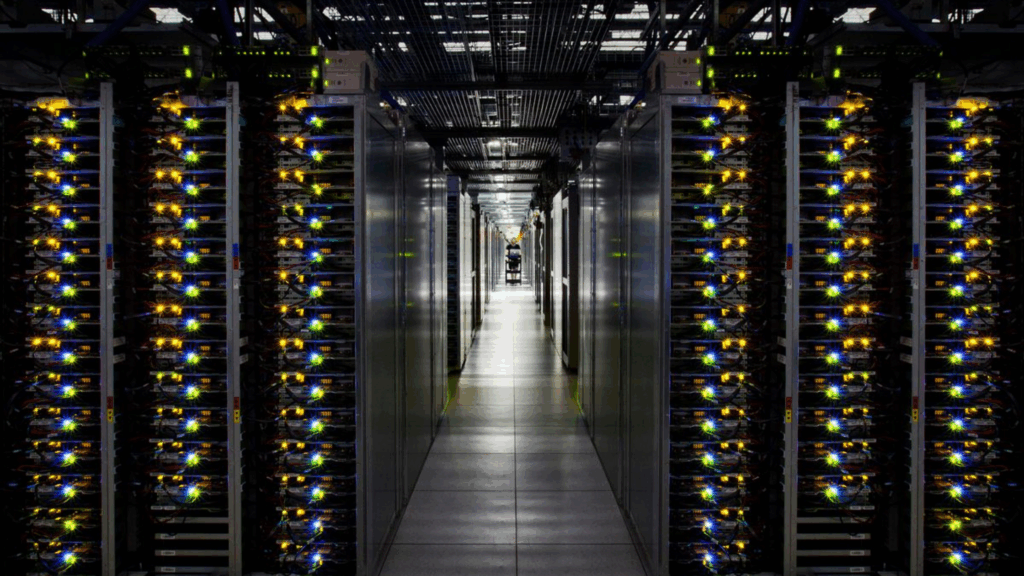
Conclusion
In these industries, high performance servers are about staying in the game. Whether you are developing the next breakout SaaS platform, managing sensitive healthcare records, or delivering millions of ads a day, your servers reflect your commitment to quality and trust.
At CloudPap, we have built our infrastructure to give you exactly that. Be it dedicated power, top-tier reliability, and the security your business demands. Your customers expect the best from you. We make sure your servers deliver it.
Ready to raise your game? Explore our dedicated high performance servers today and start building the future your business deserves.

